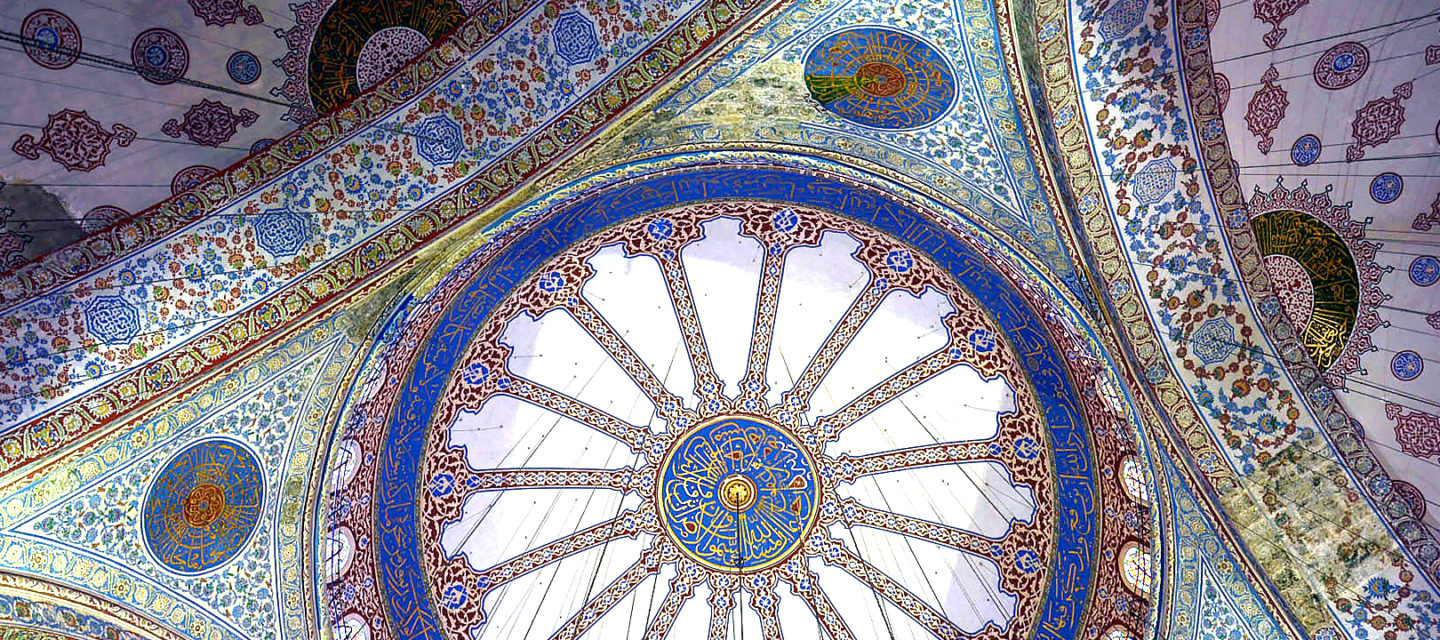Key insights
-
1
Historical Context
During the medieval period, the Arabic world was at the forefront of scientific discovery and innovation, contributing significantly to various fields such as astronomy, mathematics, medicine, and chemistry.
-
2
Cultural and Religious Influences
The shift in focus from scientific inquiry to religious orthodoxy played a crucial role in the decline. The rise of conservative religious doctrines led to a reduced emphasis on scientific exploration.
-
3
Political and Social Dynamics
Political instability, colonialism, and socioeconomic factors further contributed to the decline. The lack of stable governance and investment in education and research infrastructure hindered scientific progress.
-
4
Impact of Colonialism
Western colonial powers imposed their own educational and administrative systems, which often undervalued or ignored local scientific traditions and knowledge, leading to a further decline.
-
5
Modern Implications
The legacy of the decline continues to affect the Arabic world today, with ongoing challenges in scientific education, research funding, and global scientific participation.

